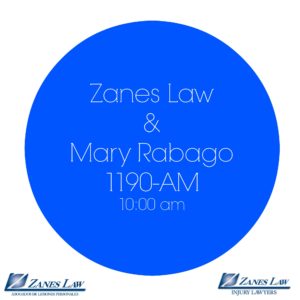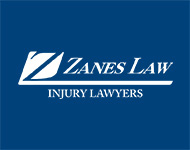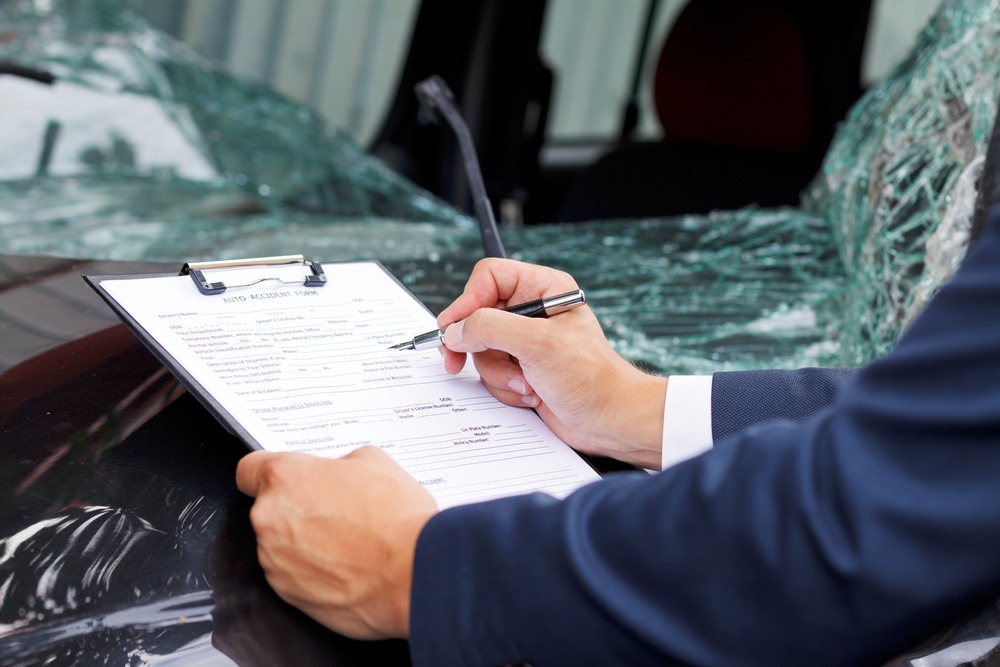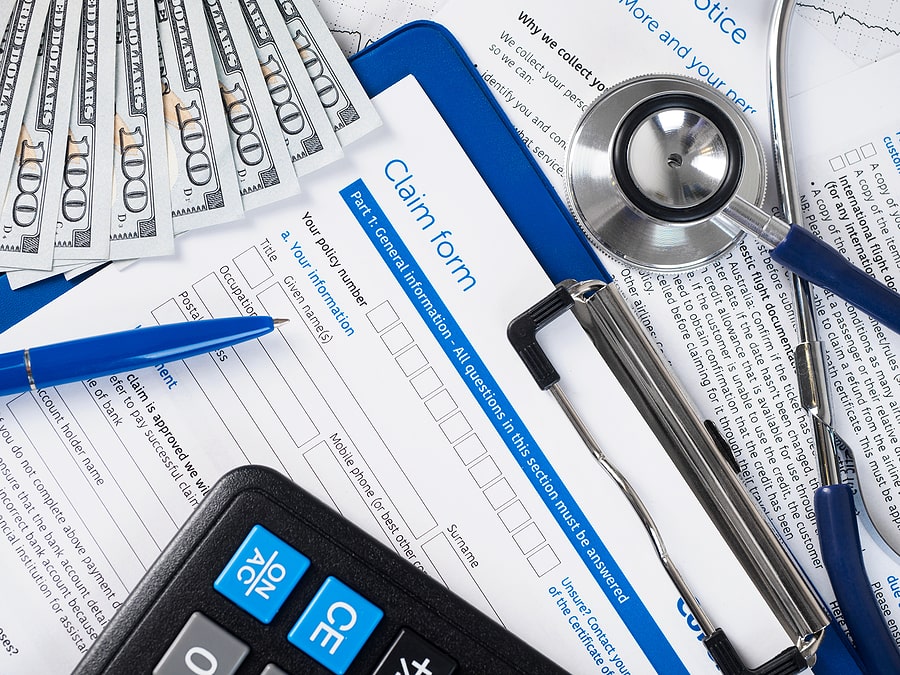The Psychological Aftermath of Car Accidents: What You Need to Know about PTSD
November 24, 2020

Drivers and passengers involved in car accidents have been known to suffer from post-traumatic stress disorder, otherwise known as PTSD. Car accidents are considered the leading cause of PTSD. According to research on PTSD among car accident victims and some effective treatments for the disorder, car accidents are the number one trauma for men and the second most frequent trauma for women.
When the initial shock subsides, many fail to recognize how an accident can continue to affect their emotional and mental health. Read on to learn more.
What is PTSD?
Post-traumatic stress disorder or PTSD is a psychological condition that affects people who have been through a harrowing experience. PTSD was first identified and explained as “shell shock,” associated with soldiers returning home from World War I. Today the American Psychiatric Association has included PTSD in its Diagnostic and Statistical Manual of Mental Disorders (DSM).
For a free legal consultation, call (866) 499-8989
What Causes PTSD After a Car Accident?
A car crash can be a nerve-wracking experience, especially when driving is an everyday activity for most people. People don’t typically consider an accident they were in to be traumatic, since people tend to assume that trauma has to be as significant as a death or a natural disaster. Yet, trauma is anything that is regarded as deeply distressing or disturbing, which is why it looks different for each individual.
Car accidents that are life-threatening or fatal carry an increased likelihood of causing PTSD symptoms for survivors. Drivers may feel a sense of lingering responsibility, whether the collision was their fault or not. However, like any other traumatic event, it can be devastating for others as well. Passengers may experience anxiety driving and find daily tasks like driving to the supermarket increasingly challenging.
Common PTSD Symptoms After a Car Accident
The symptoms of PTSD will vary based on the individual. Some of the common symptoms include:
- Experiencing Nightmares
After a car accident, victims may struggle with incredibly vivid dreams or nightmares. People living with PTSD may wake up shaking, yelling, or struggling to breathe. Sometimes they might even wake with an adrenaline rush. Many people remember these dreams afterward, but others may only vaguely remember these dreams but struggle from disrupted sleep.
- Flashbacks
Reminders of the accident, including driving past the accident scene, sudden bumps in the car, or even comparable weather, can trigger individuals’ flashbacks. Other times, flashbacks happen with no trigger, and can catapult a victim back to the accident scene in their memory without warning.
- Avoiding Reminders
Following a car accident, victims may avoid things that remind them of the accident. A PTSD victim could attempt to prevent a flashback or nightmare trigger to avoid any reminders. Individuals with PTSD may choose to avoid people from the accident scene, the accident scene, or even riding in cars until they can control their PTSD symptoms.
- Increased Irritability and Anxiety
Some people who have PTSD become agitated or irritated more quickly than they did before their accident. People may have less tolerance for things at work than usual or suffer anxiety over things that previously would not have caused anxiety. Additionally, they may find that they grow increasingly agitated in normally comfortable circumstances.
- Depression
PTSD can trigger depression, complete with symptoms of worthlessness, and struggle to engage in activities that once brought joy. After a car accident, those suffering from PTSD may feel emotionally numb and unable to engage in any emotional situations. The victim may block both positive and negative emotions as a coping mechanism to prevent other negative responses.
- Overwhelming Guilt
Even if the victim did not cause the accident, they may find themselves reliving the accident and wondering if they could have done something differently. Suffering from ongoing, overwhelming guilt can paralyze a victim and make it extremely difficult for them to move on with their life.
Click to contact our personal injury lawyers today
Treatment of PTSD After Car Accident
As PTSD symptoms exacerbate, many victims may begin to self-medicate with drugs or alcohol to mask their symptoms. It’s important for those who have PTSD to take comfort in knowing that they can start to recover after identifying their symptoms and seeking treatment. Therapy techniques such as cognitive processing therapy or eye movement desensitization and reprocessing (EMDR) therapy can give car accident victims the skills necessary to cope with the emotional and mental part of their trauma. Additionally, some medications can help manage PTSD symptoms.
Complete a Free Case Evaluation form now
What Should You Do?
If you or a loved one shows any symptoms of PTSD following a car accident, you should consult a doctor to start treatment.
If a car accident claim arises from the crash, it’s recommended to consult with an experienced personal injury attorney who will fight to ensure you are compensated for all costs associated with your mental anguish and treatments. The effects of PTSD might be included in a pain and suffering claim or deemed a separate category of car accident damages.
Zanes Law is Here for You
The invisible emotional and mental pain and suffering victims experience resulting from an accident can take years to heal. Such trauma requires regular treatment and care, and is worthy of compensation.
After an accident, it’s essential to focus on the things in your control moving forward. Having an experienced Arizona car accident attorney by your side can make all the difference in the world. At Zanes Law, our attorneys will guide your case towards the most favorable outcome possible. We are a dedicated source of guidance and support in the stressful aftermath of a car accident.
Call us today at 602-999-9999 to learn more or to schedule a free consultation.
Zanes Law – We Handle Your Claim from A to Z.
Call or text (866) 499-8989 or complete a
Free Case Evaluation form







